Retatrutide 10mg
$369.99 Original price was: $369.99.$269.99Current price is: $269.99.
According to research, Retatrutide, a GIP–GLP-1–GCG receptor triple agonist, reduces feelings of hunger, lowers insulin levels, and increases insulin sensitivity, which can cause significant weight loss, improve glucose tolerance, decrease fat/adipose tissue, reduce cardiovascular risk, may provide neuroprotective effects and may be a new tool in treating addiction.
9 in stock
In the realm of medical research, GLP-1 (glucagon-like peptide-1) and GIP (glucose-dependent insulinotropic peptide) mimetics are emerging as potent tools with diverse therapeutic applications. These mimetics, which mirror the actions of natural peptides in the body, are showcasing remarkable benefits across a spectrum of health challenges, ranging from weight loss and diabetes to cardiovascular diseases, Alzheimer’s, Parkinson’s, and addiction.
Weight Loss and Diabetes
One of the most promising areas of application for GLP-1 and GIP mimetics is in weight management and diabetes control. These mimetics help regulate blood sugar levels, promote satiety, and inhibit glucagon secretion, all of which are crucial for managing weight and glucose levels in individuals with diabetes.
Cardiovascular Health
GLP-1 mimetics have shown cardiovascular benefits beyond glycemic control. They can reduce blood pressure, improve endothelial function, and exhibit anti-inflammatory effects, all of which contribute to better heart health. GIP mimetics are also being studied for their potential cardiovascular benefits.
Neurodegenerative Diseases
In neurodegenerative diseases like Alzheimer’s and Parkinson’s, GLP-1 and GIP mimetics are showing promise in various ways. They exhibit neuroprotective effects, reduce neuroinflammation, and enhance brain insulin signaling, all of which can potentially slow down disease progression and improve cognitive function.
Addiction
GLP-1 mimetics are being explored for their potential in treating addiction. Studies suggest that these mimetics may reduce the rewarding effects of drugs and alcohol, offering a new approach to addiction management.
In conclusion, GLP-1 and GIP mimetics are proving to be versatile agents with far-reaching implications in the field of medicine. As research progresses, their potential to revolutionize the treatment of various health conditions continues to expand, offering hope for improved outcomes and enhanced quality of life for patients worldwide.
- Your vials are not empty. The product is at the bottom of the vial.
- All peptides come in a lyophilized (freeze-dried) powder, that must be reconstituted with bacteriostatic water.
- Store all products in a dry, cool, and dark place away from UV rays. For best preservation, store @ 4°C.
- All products purchased are for laboratory & research use ONLY, this means we cannot provide any further instructions on reconstitution and/or dosing.
Related products
-
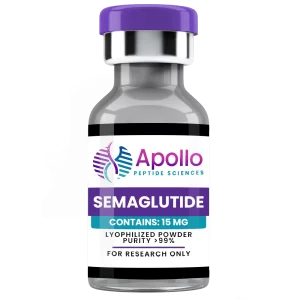
Semaglutide 15mg
$289.99Original price was: $289.99.$189.99Current price is: $189.99. Quick ViewAdd to cart -
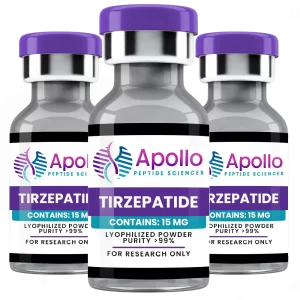
Tirzepatide 15mg (10 pack)
$2,099.99Original price was: $2,099.99.$1,799.99Current price is: $1,799.99. Quick ViewAdd to cart -
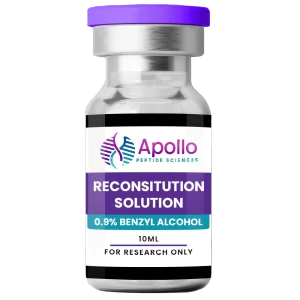
Bacteriostatic Water Reconstitution Solution 10ml
$11.99Original price was: $11.99.$9.99Current price is: $9.99. Quick ViewAdd to cart -
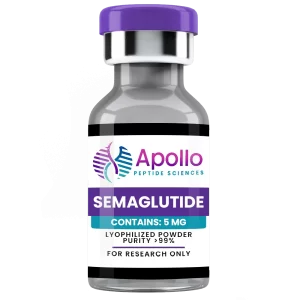
Semaglutide 5mg
$207.99Original price was: $207.99.$107.99Current price is: $107.99. Quick ViewAdd to cart
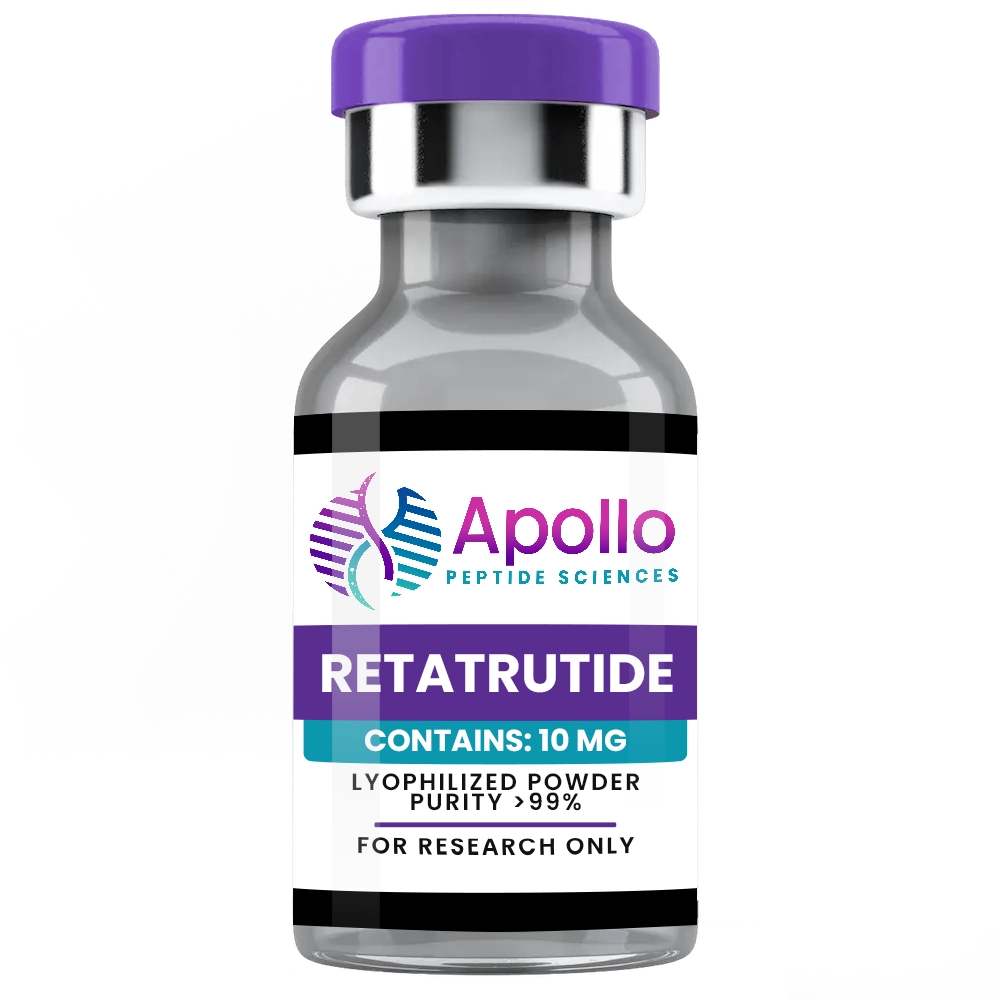
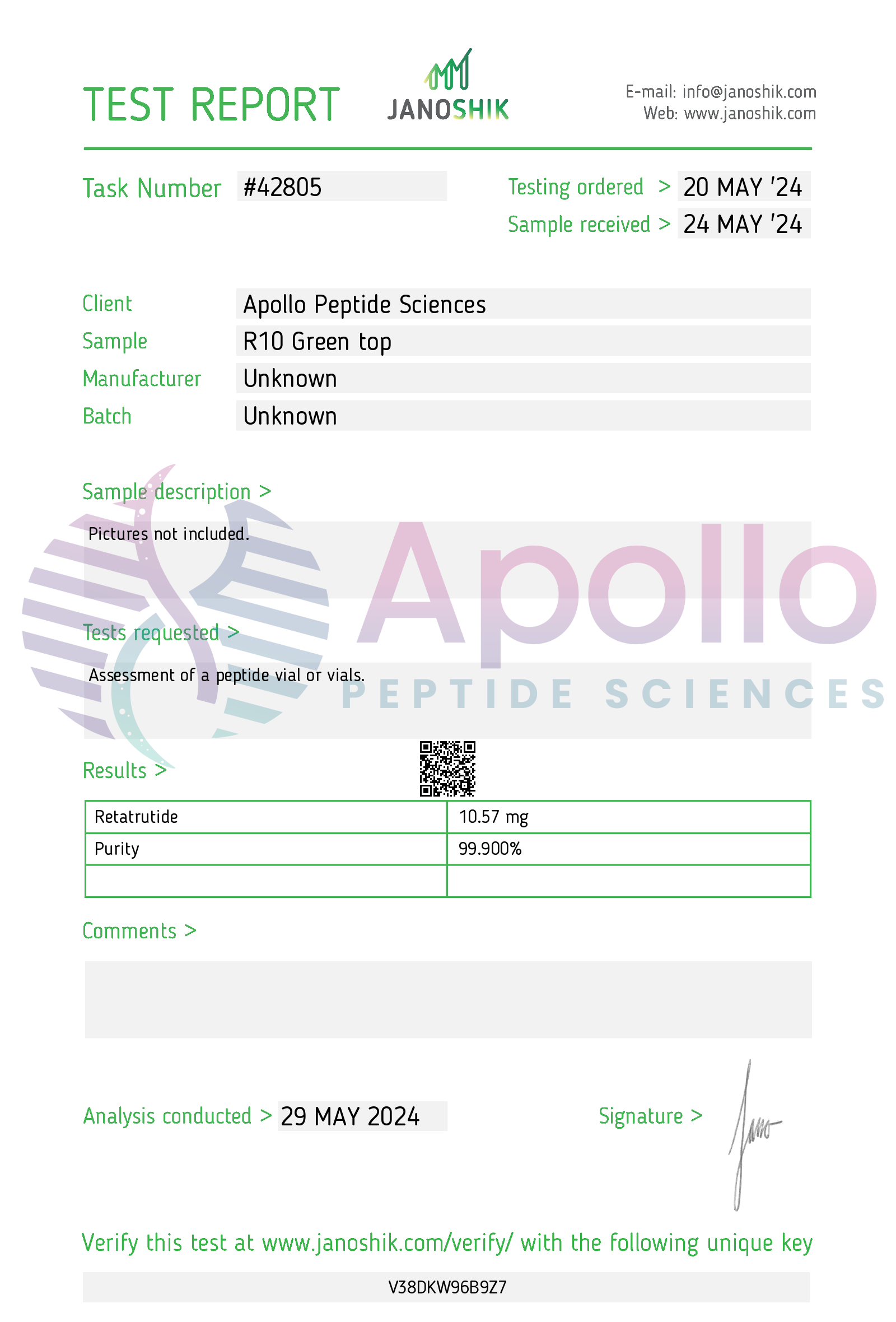
Reviews
There are no reviews yet.